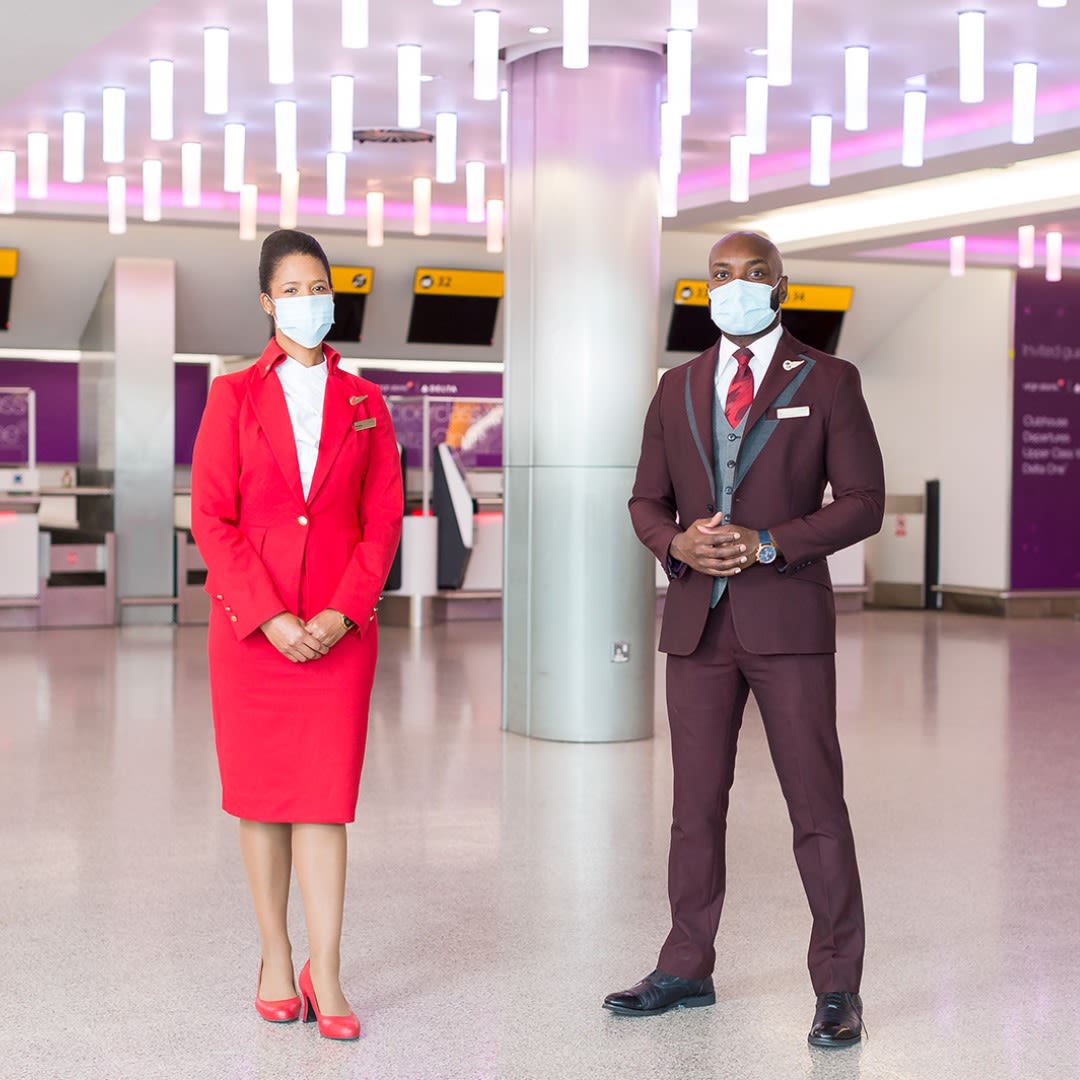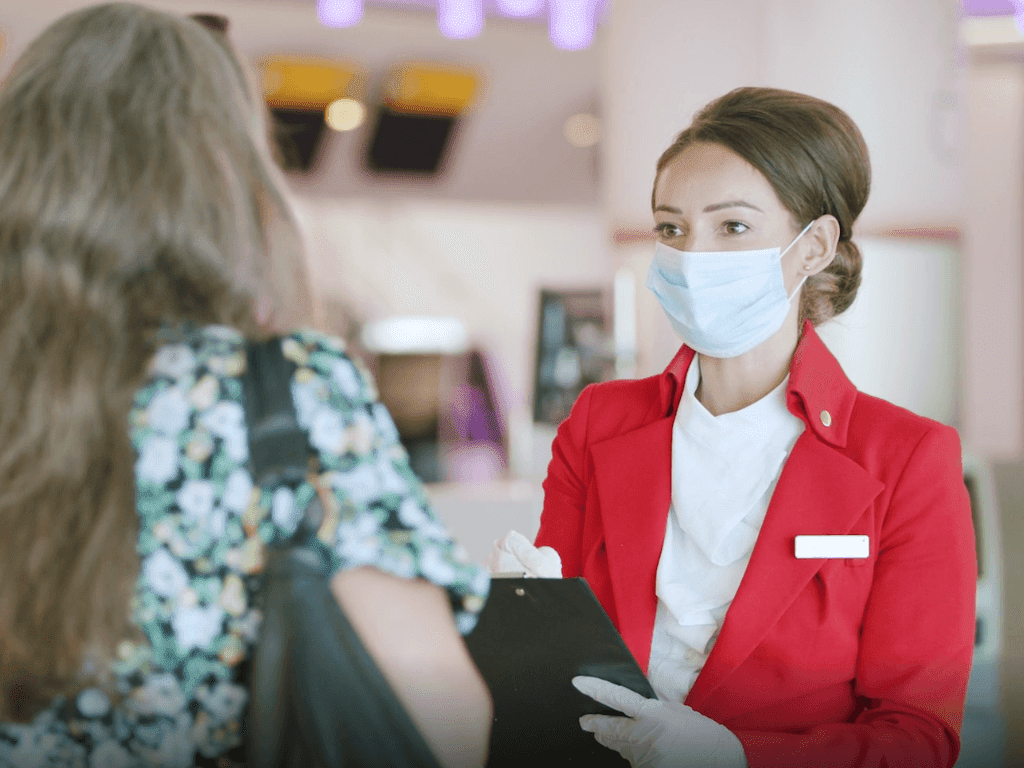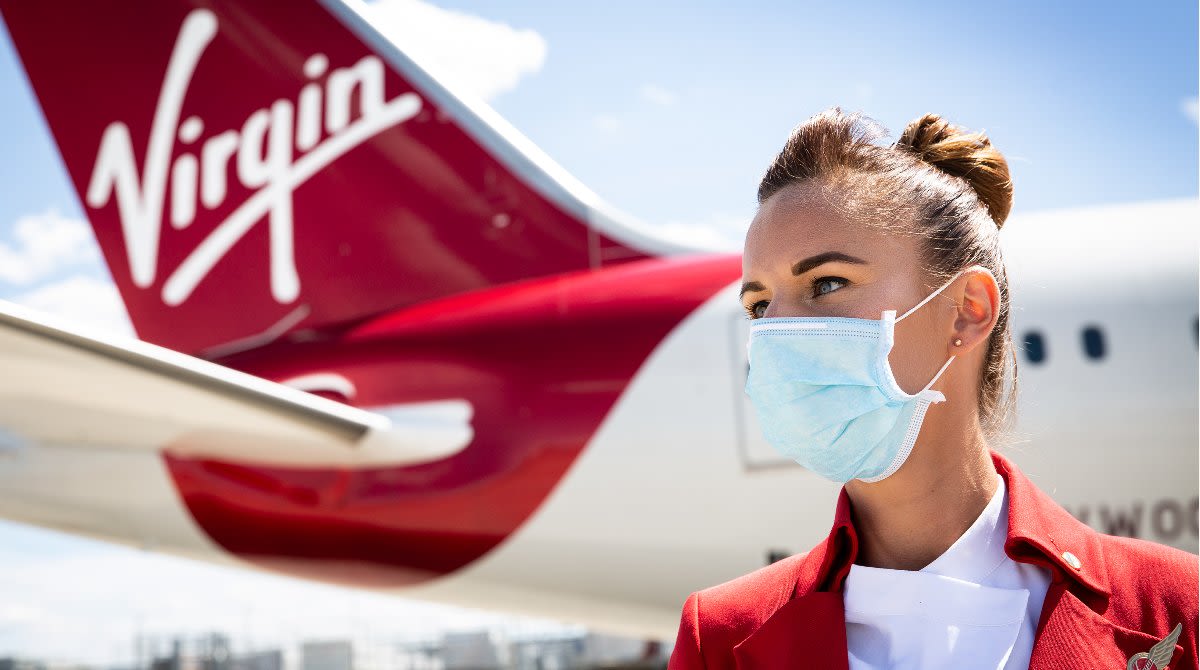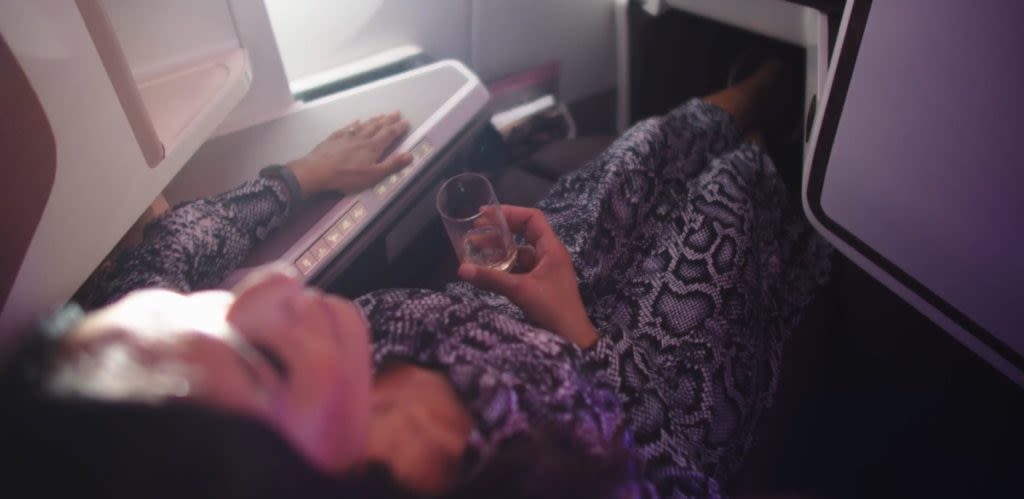Supporting mental health at Virgin Atlantic
One in four people will experience a mental health problem each year in England. This is why it is crucial that teams across the Virgin companies receive the mental health support they need. Virgin Atlantic has been paving the way in breaking down barriers and stigmas when it comes to mental health with its mental health first aider programme.
What started as a cabin crew peer support group, has quickly grown into a company-wide programme with mental health first aiders in all departments, ready to help someone in need.
Nearly 50 years ago, Richard Branson started the Student Advisory Centre, a helpline where young callers with problems could retain their anonymity and get help from the right people. And since starting Virgin, Richard Branson has often talked about the importance of looking after employees. He thinks that more business leaders will have realised this throughout 2020 and predicts that it will be higher on the agenda in future following COVID-19.
In a blog about employee wellbeing in 2021, he said: “Dealing with a global health crisis has made employers see even more clearly just how important it is to have healthy employees – and the responsibility they have to look after their people’s wellbeing.”
Help in times of need
While Virgin Atlantic’s mental health first aiders were training up, little did they know a pandemic was about to hit the world. Things changed very quickly, and people realised that the pandemic would take its toll on more than just physical health. It was clear psychological support was needed and first aiders were having weekly calls with management to discuss how their teams could be helped, what the key issues were and to give managers guidance on what to do.
Virgin Atlantic partnered with Cognacity, a team of expert psychologists who ran a series of brilliant webinars for Virgin Atlantic employees to manage uncertainty, handle anxiety, build strength and resilience, and use the free counselling service available to all Virgin Atlantic people.
Virgin Atlantic’s Employee Assistance Program offers six free counselling sessions to anyone in need and is one of the channels recommended by the airline’s mental health first aiders. During the pandemic there was a significant increase in Virgin Atlantic employees seeking help and the support offered has been invaluable.
Cabin crew members turned mental health advocates
Steve Sneddon, senior manager, crew experience, has been with Virgin Atlantic since 1999 and became the airline’s first mental health first aider.
Steve knew from personal experience that having someone acting as a sounding board during a mental health crisis was important. He and his manager booked themselves onto a two-day mental health first aid course, which taught them to identify the warning signs of those experiencing poor mental health issues and direct people to the relevant help. They then called on volunteers to get trained too and took over 400 crew members through the same programme with regular half-day familiarisation sessions for the managers and supervisors.
Now one in five cabin crew members is trained in mental health first aid. Steve said: “There are many upsides to working as cabin crew, travelling the world, staying in nice hotels, and with a real camaraderie. It’s one of the most sociable, amazing, wonderful jobs you can do. But it can also be an isolating job, especially if you’re feeling vulnerable or low. You can be in another country alone in your room. It can be tough on people’s mental health, especially in the current climate.
“The fact that I’ve experienced panic attacks and lived with anxiety disorder myself and cared for somebody who suffers from poor mental health means this is personally close to me. I really passionately want to take the stigma out of it because I know if people were truly honest and open, they’d say either they or someone close to them had experienced mental health issues. It might be that you don’t want to seek help, perhaps because you’re male or in a senior role, and you’re worried about how it makes you look.
“There’s a perception that admitting you are struggling makes you look weak, but I think it is quite the opposite. If you can be open and talk about how you’ve dealt with it, you can help give others the reassurance and confidence to know that they’re not alone or weak and that there is real help available.”
Sarah Brakewell, cabin service supervisor, trained as one of Virgin Atlantic’s Mental Health First Aid Instructors. She teaches the two-day full adult course, half-day awareness course and refresher MHFA training to cabin crew, pilots and some cabin crew managers.
She said: “Sometimes our mental health can be impacted negatively and can cause a whole host of problems, it can impact all areas of a person’s life and lead to the worst-case scenario of a suicidal crisis point. Spreading the word that it’s ok to talk about your mental health and arming people with the tools to spot the signs when someone is suffering can make all the difference. There is always hope for recovery.
“Our crew community helps each other so much on flights and down route so training up mental health first aiders enables a much deeper level of support to anyone suffering or vulnerable. It is an in-depth look into mental health conditions and how to be confident in offering help to anyone suffering. Much like general first aiders, we train up our mental health first aiders to be able to respond immediately to get help to people.”
Visit Virgin Atlantic to find out more.







